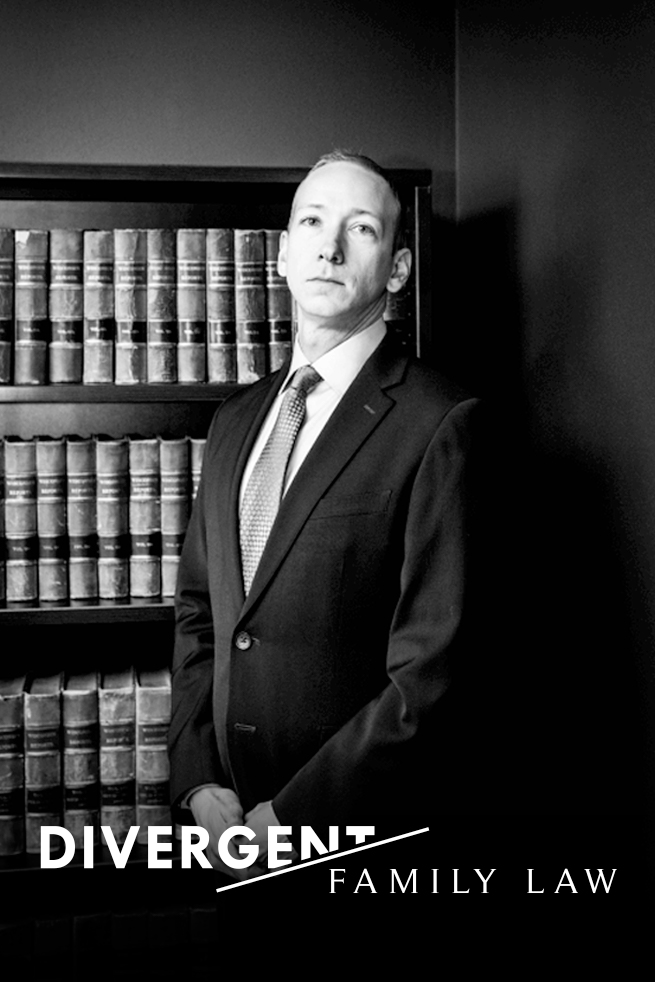Divergent Family Law Attorneys
-
 Trisha Festerling
Divorce Attorney
Trisha Festerling
Divorce Attorney
-
 Corey Montiho
Divorce Attorney
Corey Montiho
Divorce Attorney
-
 Jeremy Chavez
Divorce & Criminal Defense Attorney
Jeremy Chavez
Divorce & Criminal Defense Attorney
-
 Stephannie Guzy
Divorce & Criminal Defense Attorney
Stephannie Guzy
Divorce & Criminal Defense Attorney
-
 Madeline Schlederer
Divorce Attorney
Madeline Schlederer
Divorce Attorney
-
 Chase Cripe
Divorce Attorney
Chase Cripe
Divorce Attorney
-
 Genelle Johnson
Divorce Attorney
Genelle Johnson
Divorce Attorney
-
 Hannah Smet
Divorce Attorney
Hannah Smet
Divorce Attorney
-
 Joseph Kennedy
Divorce & Criminal Defense Attorney
Joseph Kennedy
Divorce & Criminal Defense Attorney
-
 Kaitlin Grasswick
Divorce Attorney
Kaitlin Grasswick
Divorce Attorney
-
 Kira Visser
Divorce & Criminal Defense Attorney
Kira Visser
Divorce & Criminal Defense Attorney
-
 Tom Grieve
Divorce & Criminal Defense Attorney
Tom Grieve
Divorce & Criminal Defense Attorney
-
 Adam J. Kachelski
Divorce & Criminal Defense Attorney
Adam J. Kachelski
Divorce & Criminal Defense Attorney














